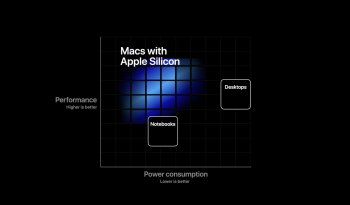That's your opinion. They are using the core ARM ISA and have an ARM license. They did NOT build Apple Silicon from scratch. Yes it has extensions, but so does everything out of intel and AMD since the 8086.
Anyway, do you have anything more relevant to contribute to arguing naming semantics?
At the end of the day, if I take some ARM compiled code it will run on the "Apple Silicon" Macs. They're ARM. They may be a SUPERSET of the ARM ISA, but saying they're "not ARM" is like saying a lime isn't a fruit because it is a different colour to a lemon.
Or that a Tesla isn't a car because it doesn't have a combustion engine.




